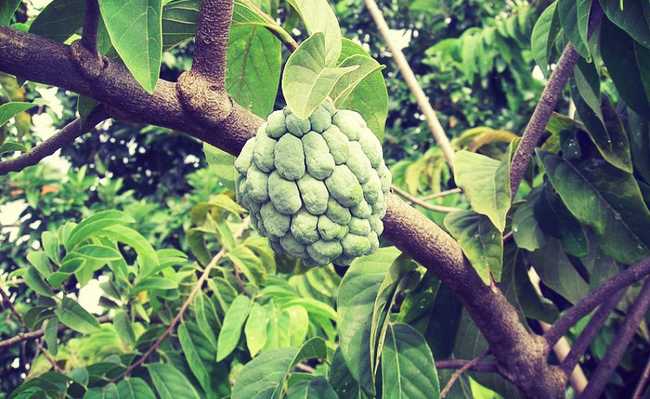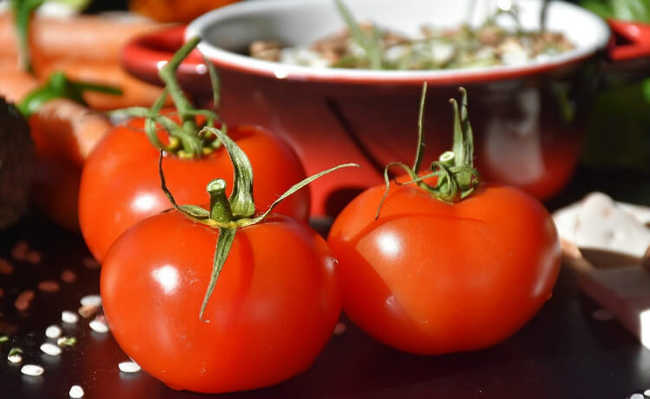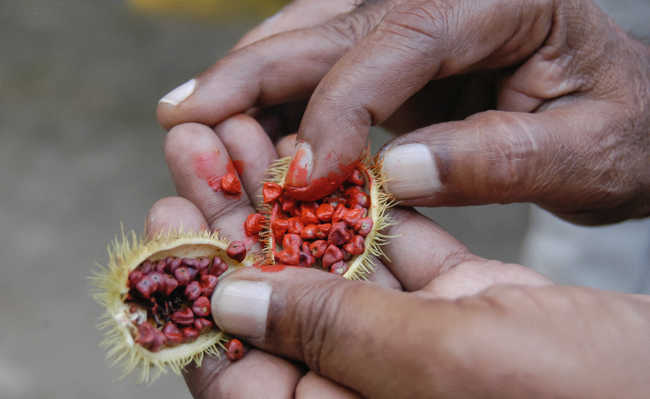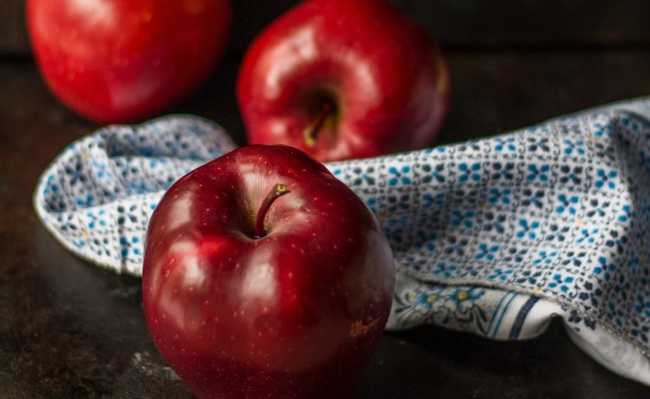Conde fruit: benefits and properties
Conde fruit, also known as pine cone, was introduced in Brazil in 1626

Image: Annona squamosa (Martinique) by Fpalli is licensed under CC-BY-SA-3.0
Conde fruit, also known as pine cone and scientific name Annona squamosa , is a fruit that grows on trees of the genus Annona.
In Brazil, the custard apple is born mainly in the states of Pará, Piauí, Maranhão, Ceará and Goiás.
The first seedling of the pine cone species was introduced in 1626, in Bahia, by the governor Diogo Luís de Oliveira, the Count of Miranda, and hence the name: "fruit of the count".
Some studies have analyzed its compounds and concluded that the custard apple can provide several benefits in the treatment of several diseases and conditions.
Conde fruit benefits
Prevents and helps treat diabetes
A study published by Europe PMC carried out analyzes in rats' guinea pigs and concluded that the supplementation of an aqueous extract of the custard apple can help in the control of the glycemic level, in the improvement of the insulin levels, in the fat metabolism and in the prevention of diabetic complications. This means that the aqueous extract of the custard apple can be useful in the treatment or prevention of diabetes mellitus precocious.
Has analgesic effect
A study published by the journal Science Direct analyzed a compound isolated from the custard apple, called caryophyllene oxide; and came to the conclusion that this type of compound has analgesic effects (which reduce pain) comparable to the effect of conventional medications.
Has anti-inflammatory effect
The same study that concluded that caryophyllene oxide extracted from custard apple has an analgesic effect, also concluded that the substance has anti-inflammatory activity similar to the anti-inflammatory activity of common medications.
It has antioxidant properties
A study published by Niscair Online Periodicals Repository analyzed ethanol extracts taken from the leaves of the custard apple tree. The analysis, which tested on rat guinea pigs, concluded that the extract from the leaves of the custard apple has moderate antioxidant activity in the brain. According to the study, the results justify the therapeutic applications of the custard apple leaves in indigenous medicine.
It has compounds that act against the HIV virus
An analysis published by Journal of Natural Products extracted 14 compounds from the custard apple and concluded that these compounds have significant activities against HIV virus replication in lymphocyte cells.
However, it is important to emphasize that this analysis performed tests with specific compounds and directly in cells. This does not necessarily mean that eating the sweet apple can cure or reduce the number of HIV viruses in humans. If you have HIV keep your standard medical treatment.
Heads up
The several studies mentioned above studied and analyzed the properties of parts of the custard apple, be they extracts or chemical compounds, in animals or in specific cells. This does not mean that eating the fruit will necessarily provide the same effects analyzed.










